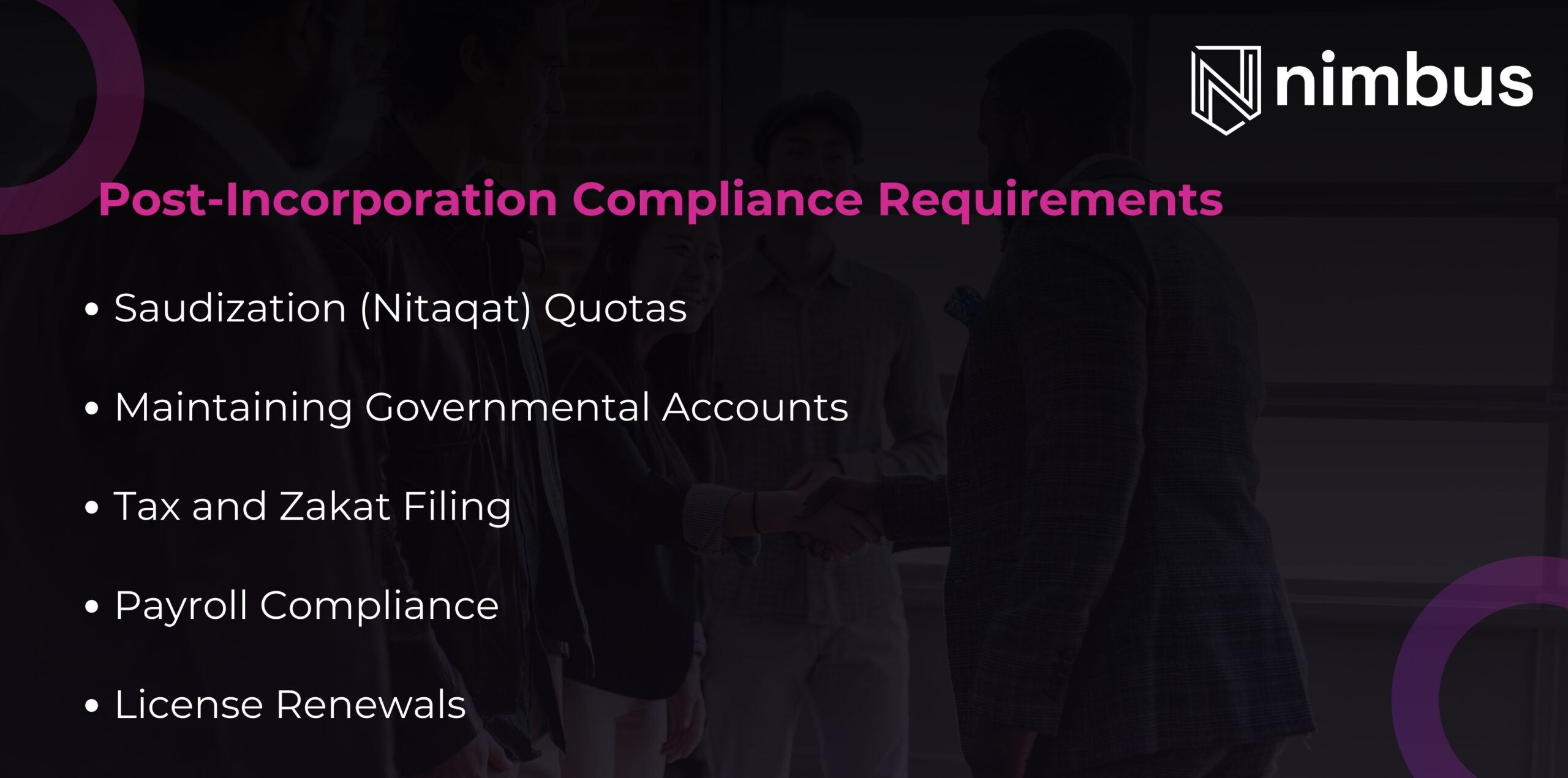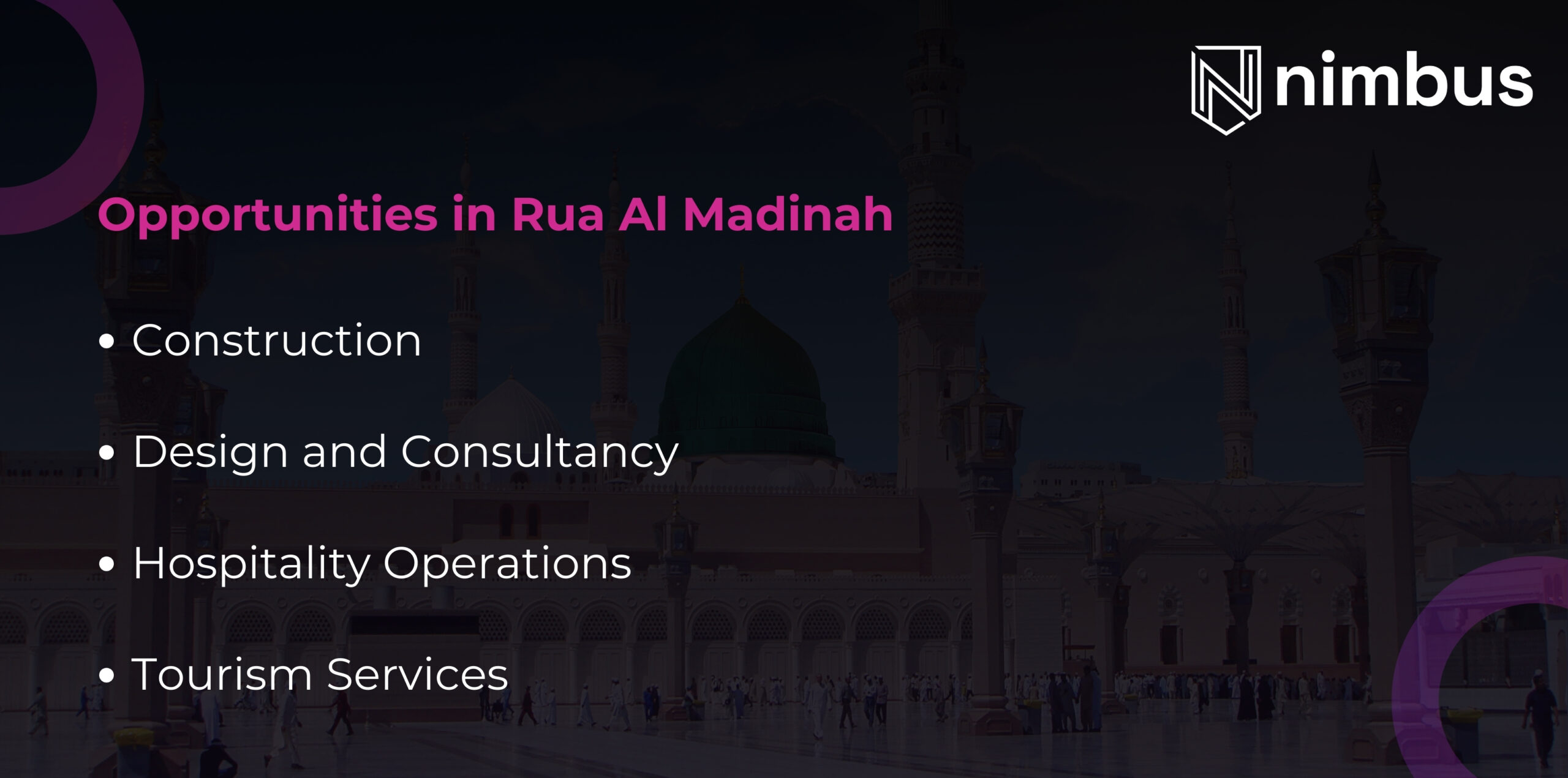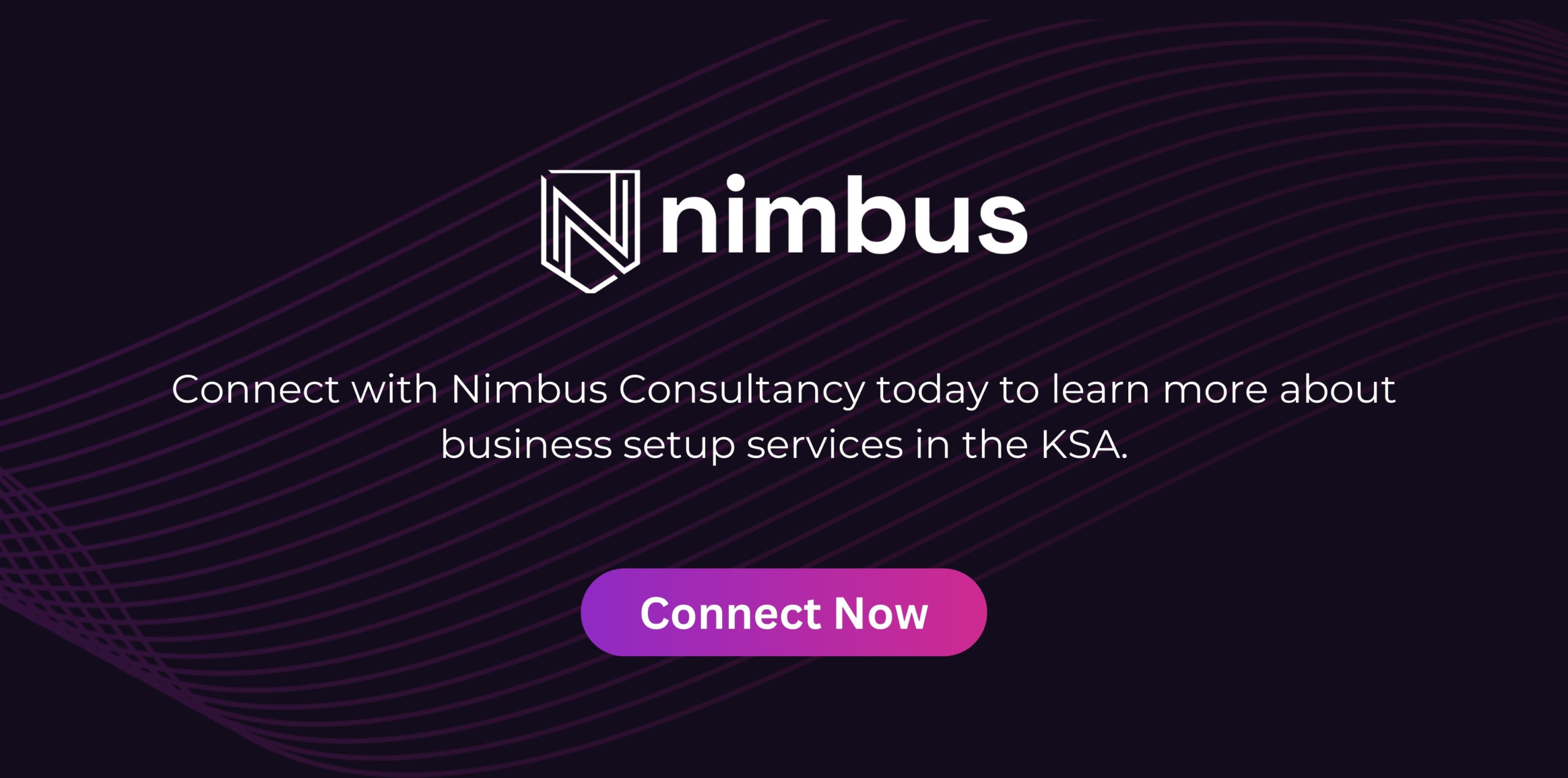Al Madinah, one of Saudi Arabia’s most historic and strategically significant provinces, is undergoing a remarkable transformation. With over 213 development projects valued at SAR 210 billion currently underway, the region is attracting global investors looking to expand into tourism, construction, real estate, and hospitality.
Central to this transformation is the ambitious Rua Al Madinah project, which aims to provide thousands of luxury hospitality units and attract millions of international visitors in alignment with Vision 2030.
For foreign investors, Al Madinah presents lucrative opportunities, but success depends on a clear understanding of the Saudi Arabia business setup process.
This post outlines the essential steps for company formation in the KSA, compliance requirements after incorporation, and the opportunities created by large-scale projects like Rua Al Madinah.
Why Al Madinah?
Al Madinah is fast emerging as a focal point for business expansion. The Rua Al Madinah project alone spans 1.5 million square meters and aims to deliver 47,000 hospitality units by 2030, hosting nearly 149,000 visitors annually.
Once complete, the project is expected to contribute $37 billion to the Kingdom’s GDP. International players are already capitalizing on these opportunities. The Accor Group plans to open the Fairmont Rua Al Madinah in 2028, alongside two other hotels in Saudi Arabia.
Rua Al Madinah Holding has signed contracts worth SAR 300 million with international consultants like Jacobs and KEO International to provide design, engineering, and supervision services for new hotels and hospitality spaces.
For global companies, the message is clear: Al Madinah is open for business with profitable ventures in construction, design, consultancy, and hospitality operations.
The Process of Business Setup in Al Madinah
Setting up a business in Al Madinah follows a structured process divided into three phases. Understanding this roadmap helps investors avoid delays and ensures a smooth business incorporation in the KSA.
Phase 1: Foundation of a Legal Entity
The first step in company formation in the KSA is to establish a legal foundation. This includes:
- Obtaining a MISA Investor License
- Reserving the company name
- Drafting the local Articles of Association
- Securing Commercial Registration (CR)
- Registering with the Chamber of Commerce
Phase 2: Operational Authorization and Team Building
With the legal entity in place, companies can move toward operational readiness. Steps include:
- Obtaining a company seal
- Registering with the Ministry of Labor
- Registering with the General Organization for Social Insurance (GOSI)
- Obtaining a National Address
- Issuing a General Manager (GM) Visa
- Registering with the General Authority of Zakat and Tax (ZATCA) and completing VAT registration
Phase 3: Finalize Residency and Banking Setup (3 Months)
This phase transforms the legal entity into a fully functioning business operation. Activities include:
- Activating the Chamber of Commerce account
- Securing health insurance for employees
- Conducting medical checks for the GM
- Issuing the GM’s Iqama (residency permit)
- Registering with portals like Muqeem, Absher, Qiwa, and Mudad
- Opening a corporate bank account
The full Saudi Arabia business setup process typically takes three to six months. Investors can simplify this process by working with specialized business setup services in Saudi Arabia that handle licensing, documentation, and compliance.
Post-Incorporation Compliance Requirements
Company formation in the KSA does not end with obtaining licenses and registrations. Ongoing compliance is necessary to maintaining good standing and avoiding penalties. After incorporation, companies must focus on the following:

- Saudization (Nitaqat) Quotas
All companies are required to meet Saudization quotas, which mandate hiring a percentage of Saudi nationals based on company size and industry. Non-compliance can result in a Red Zone classification, restricting access to work visas and creating legal risks. - Maintaining Governmental Accounts
Businesses must keep their information updated across key government portals such as Muqeem, Qiwa, and Mudad. These systems track employee records, payroll, and regulatory compliance. - Tax and Zakat Filing
Companies must file annual tax returns with ZATCA. Depending on ownership structure, they may also need to calculate and pay Zakat, in addition to corporate tax or VAT obligations. - Payroll Compliance
Companies hiring Saudi employees must follow payroll regulations, ensuring salaries are paid on time and recorded accurately in official systems. - License Renewals
Key licenses such as the GM’s Iqama, the MISA Investor License, and the CR must be renewed regularly. Missing deadlines can disrupt operations.
Foreign investors often rely on experienced providers of business setup services in Saudi Arabia to manage these compliance requirements, reducing administrative burden while ensuring seamless operations.
Opportunities in Rua Al Madinah
The Rua Al Madinah development is at the heart of the province’s transformation. Its scale and scope create opportunities across multiple sectors, and the key ones are listed below.

- Construction: Global construction firms can participate in building hotels, tunnels, and supporting infrastructure.
- Design and Consultancy: International design and engineering firms like Jacobs and KEO have already secured contracts, but demand continues to grow.
- Hospitality Operations: With 47,000 units planned, international hotel operators, restaurant chains, and café brands are well positioned to enter the market.
- Tourism Services: As the project aims to accommodate millions of pilgrims, travel agencies, logistics providers, and cultural operators will benefit.
Frequently Asked Questions
1. What is the timeline for setting up a business in Al Madinah?
The full business setup process generally takes 3 to 6 months, depending on licensing timelines and regulatory approvals.
2. What are the costs of business incorporation in the KSA?
Costs vary depending on business activities, office requirements, and staffing, but typically include licensing, incorporation fees, third-party services, and compliance costs.
3. What support is needed after setup
Post-setup support includes Saudization compliance, payroll management, VAT filing, and license renewals. Many companies engage service providers for these functions.
Al Madinah’s transformation is creating new opportunities for global investors, especially in tourism, hospitality, construction, and consultancy.
For investors, the key to success is understanding the structured process of business setup in the KSA, complying with post-incorporation requirements, and aligning operations with local labor and tax regulations.
By leveraging business setup services from a reliable advisory firm, companies can simplify incorporation, stay compliant, and make a strategic entry in this fast-developing province.



